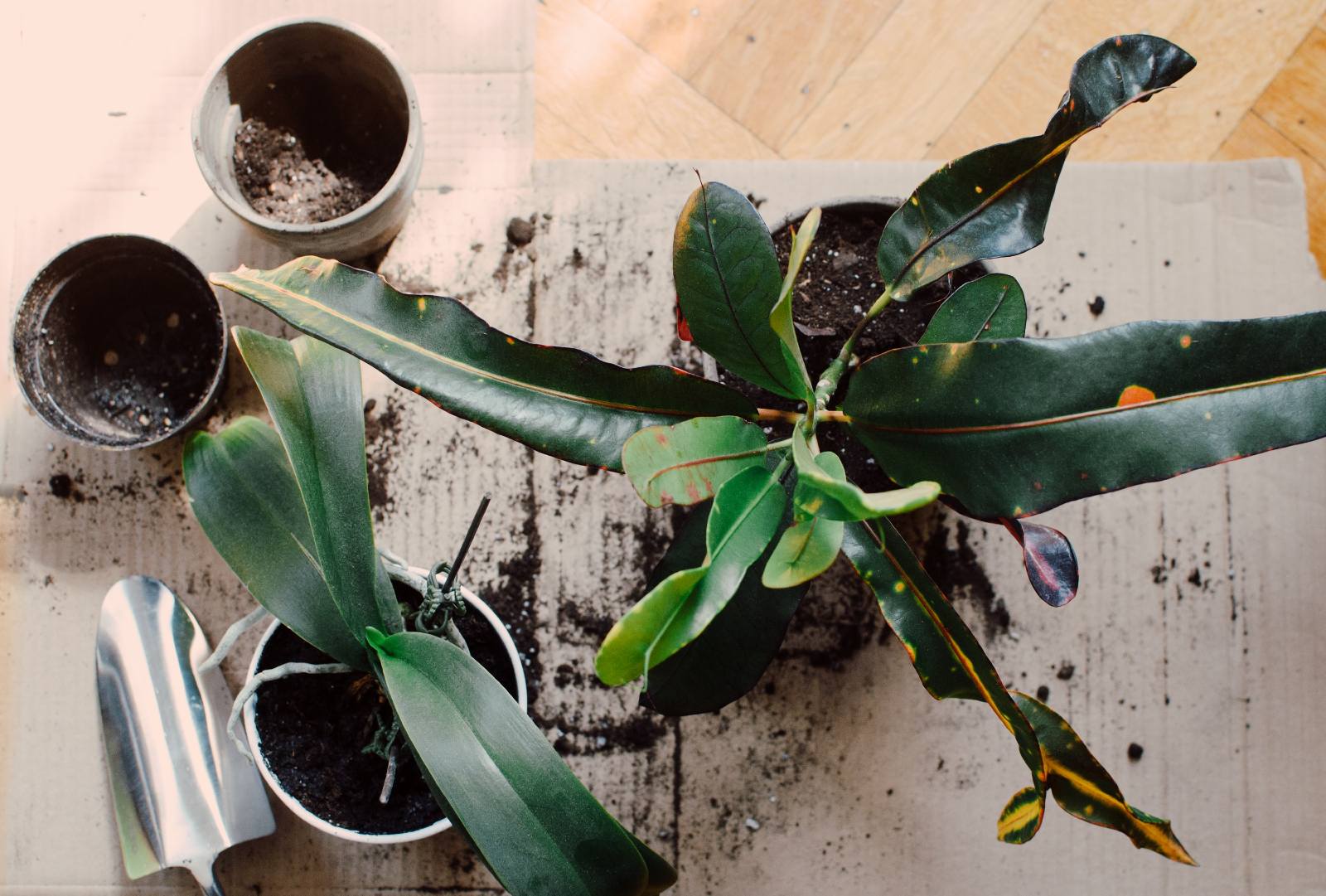A brief guide into the world of house plants

How to keep your plants alive: If you’re sold on adding some plants to your home (or office) there are a few general guidelines to keep in mind.
Sunlight is key: You need to be aware of the amount of sunlight entering your space and just how much each of your plants require. Some of the most common house plants (excluding cacti) typically need indirect light — that includes snake plants, pothos (or devil’s ivy), Chinese evergreens and peace lillies.
Then you need to consider how much you water your plants: This might seem counterintuitive but most people tend to over water their plants. Generally speaking, common indoor plants should be watered once or twice a week and just enough to keep the soil moist, not soaking wet. But this will depend on the plant. Cacti, for example, should only be watered when the soil is close to being bone-dry.
Pay attention to your potting soil: Every plant will require a slightly different potting mix, ranging from fast-draining soil to something a little more sandy. For this you will likely need to check out the exact specifications for each of your plants. Many cacti varieties for example prefer a more sandy mixture. Adding fertilizer (which you can make at home if you compost your food scraps ahead of time) once a month will help promote healthier growth.
If you succeed in not killing your plant, you’ll need to get your hands dirty: Repotting your plant once it has sufficiently outgrown its original pot will become crucial to keeping it alive and growing over the long term. You’ll be able to tell when the roots have grown too long if the soil dries out more quickly than usual or if the roots start to stick out of the drainage holes at the bottom of the pot. But if you want to keep your plant a certain size or buy a new pot, you can go ahead and prune the roots.
For the newbies: Start out with plants that are tough to kill like an aloe, spider, snake, bamboo, cast iron, devil’s ivy or rubber tree plant.
If you’d rather keep your domestic plants outside in a balcony or on a roof, a lush, colorful Bougainvillea never misses. They grow super fast, like loads of sun and are pretty easy to maintain too. Fragrant Arabian jasmine plants work well on balconies as well. They prefer loose loamy soil which is halfway between sand and soil in its level of water retention.
Maybe try out a little herb garden: Growing herbs is another good way to start familiarizing yourself with the world of home botany. They’re fairly low maintenance and do well with lots of sunlight — which we’re in no short supply of here — and they grow equally well indoors and out. You can start off by trying oregano, basil, dill and rosemary from seed. They don't really require any special kind of soil or fertilizer to grow but planting them in a slightly porous mixture of sand and soil works well.